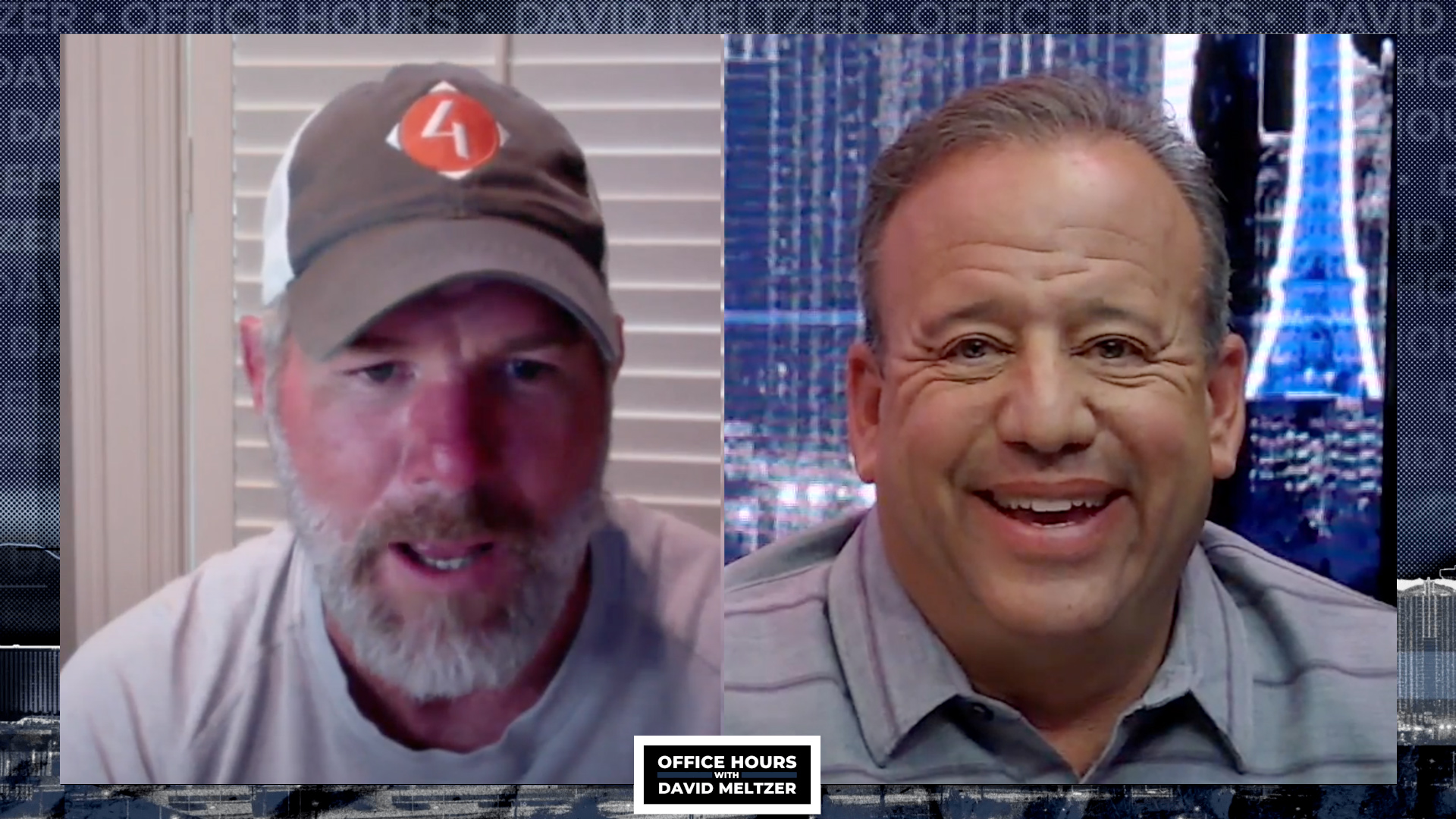It’s important to focus on education with concussions and protocols
The biggest action we can take towards treating concussions right now is prevention, as there are 3.8 million concussions occur every year. That’s just the concussions that we know about, but there are countless others that go undiagnosed. The truth is that we’re not going to prevent concussions, but raising awareness through education will only serve to help those dealing with brain injuries
Expert opinions can help shift our perspective
In a discussion with Dr. Bennet Omalu, who was featured in the movie and book Concussion, Brett initially thought of only 3 instances where he lost track of time or blacked out for a period of time due to a concussion. What he eventually learned was that each time he hit his head on the turf, got tackled, or fell to the floor and saw fireworks or stars, heard ringing in his ears, or felt a little woozy, he had experienced a concussion. Seeking out the opinion of an expert is a great way to help open our eyes to new perspectives on reality.
What Favre would look to see being done differently in the NFL
One of my favorite parts from this episode came when Brett was asked what changes he’d make if he took over as NFL Commissioner for Roger Goddell. Taking additional steps to protect the players and their safety, while also pushing for innovative concussion treatments could go a long way towards ensuring the long-term health of our athletes.
The human brain is sensitive and fragile
Our brain is not adapted to take concussive blows, such as animals like rams, oxen, or even woodpeckers. When we experience a severe impact to the head, our brain can rattle around in the skull, causing damage and bruising. Activities like contact sports (particularly for youth) can cause long-term physical issues if we are not protecting ourselves and our athletes.

